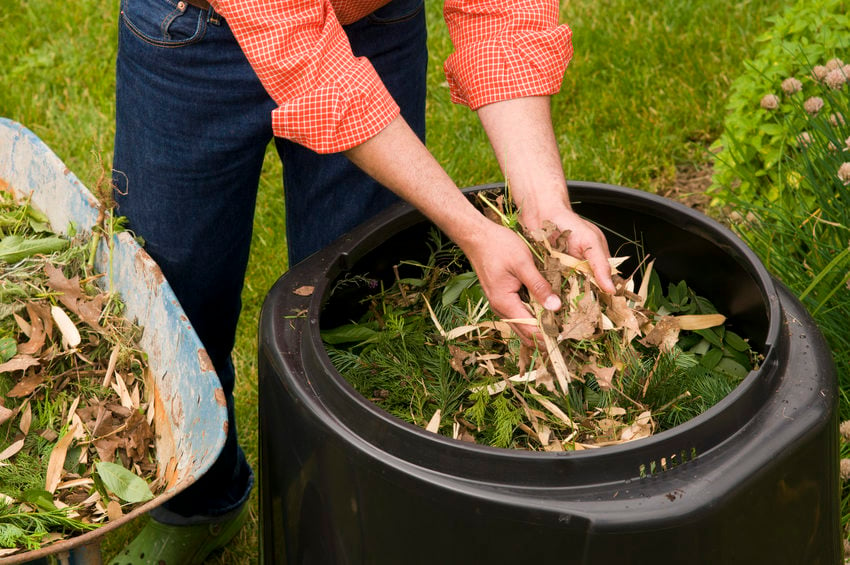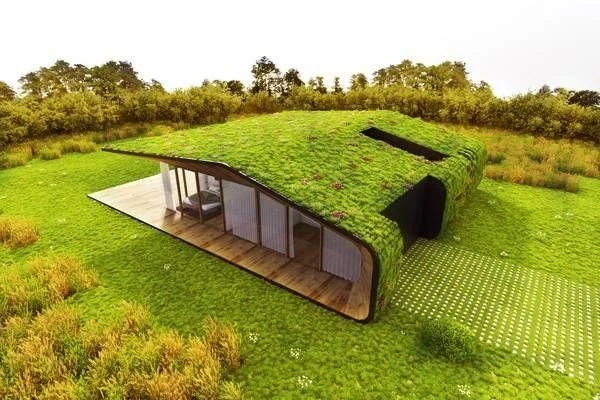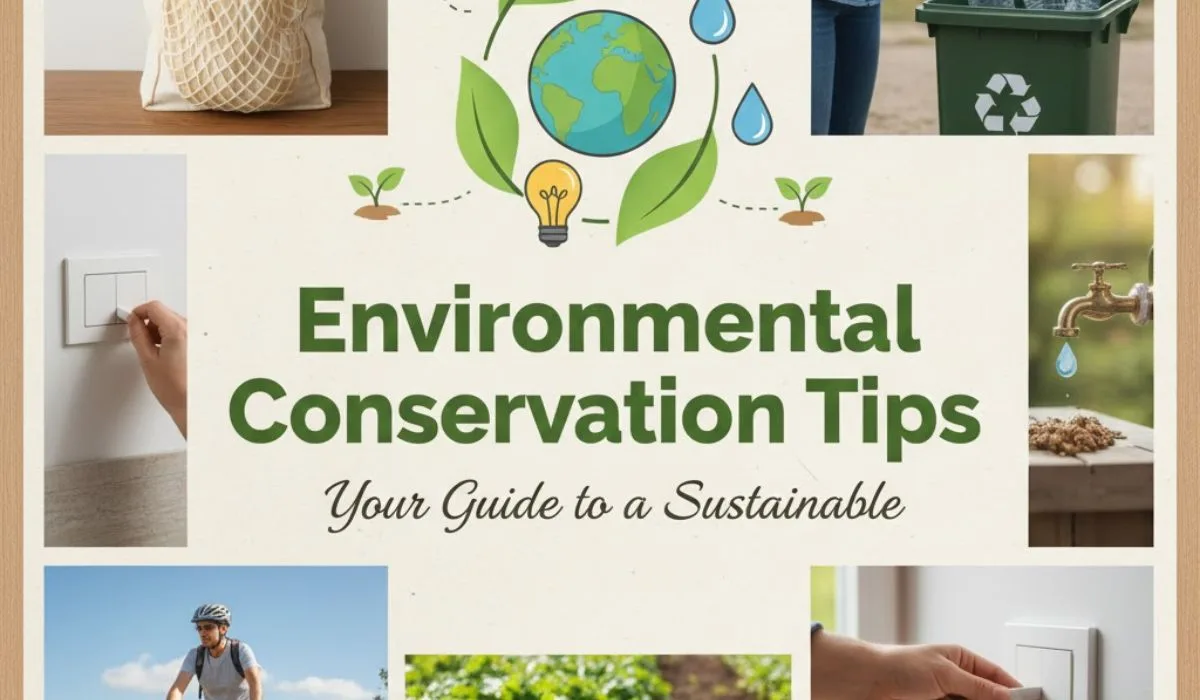As the world becomes more conscious of the impact of human activity on the environment, more and more homeowners are turning to sustainable living practices to reduce their ecological imprint. From installing solar panels to composting, there are many basic and effective ways to make your home more environmentally favorable.
1. Install Solar Panels
Solar panels are photovoltaic modules that generate electricity by converting sunlight into usable energy. By leveraging the power of the solar, you can reduce your reliance on traditional energy sources and save money on your utility bills.
In addition to cost savings, solar panels also have a positive impact on the environment. They produce pure, renewable energy and help to reduce greenhouse gas emissions.
If you’re considering installing residential solar panels, there are a few factors to bear in mind. First, it’s essential to ensure that your residence is a suitable candidate. You’ll need to have a roof that receives plenty of sunlight throughout the day. And you have to work with a reputable installer to ensure that your solar panels are installed safely and accurately.
2. Raising livestock

Raising livestock has become increasingly popular among homeowners desiring a more sustainable lifestyle. If you’re considering doing this, one of the most essential investments you can make is in high-quality poultry netting.
Poultry netting is a form of fortification designed to keep livestock safe and secure while also allowing them to roam freely. It protects them from predators such as raccoons, coyotes, and birds of prey, as well as inhibits them from straying into neighboring yards.
Raising livestock provides an opportunity to produce your own food, such as fresh eggs, milk, or honey, which can reduce your reliance on store-bought products that have traveled long distances and utilized a lot of energy in the process.
3. Rainwater Harvesting
This involves capturing rainwater from your roof or other surfaces and storing it for later use. A rainwater harvesting system is an excellent method to conserve water and reduce your overall water usage. You’ll be astonished at how much you’ll save on your water expenditures.
To implement this, you’ll need to establish a system for capturing and storing the water. This can be as straightforward as using a rain container or as complex as installing a complete rainwater catchment system that includes downspouts, pipelines, and storage tanks.
The collected rainwater can be used for a variety of purposes, including fertilizing vegetation, emptying restrooms, and even laundering clothing. You have to make sure that the water is adequately filtered and treated before use, since the rainfall from your roof may contain detritus, pollutants, and contaminants.
4. Practice Composting

Another method of making your residence sustainable is by composing. This involves the process of breaking down organic matter, such as food remnants, yard debris, and other biodegradable materials, into a nutrient-rich soil amendment.
Composting reduces the amount of waste that goes into landfills, enhances soil quality to sustain a healthy garden, and reduces the need for chemical fertilizers.
To commence, you’ll need a compost container or mound. Avoid situating the receptacle near your house or outdoor seating areas since they attract insects and produce noxious aromas. Composting requires a balance of “brown” and “green” materials. Green materials include food leftovers and grass trimmings, while brown materials include dried leaves and wood fragments.
Read Also: Plastic Pollution In The Ocean
5. Invest in Energy-Efficient Appliances
An appliance is considered energy-efficient when it consumes less energy than its traditional counterparts to perform the same function. This is typically accomplished through the use of sophisticated technology, such as enhanced insulation, high-efficiency motors, and optimized design.
When purchasing, search for the ENERGY STAR label. This label indicates that the home appliance meets strict guidelines established by the United States Environmental Protection Agency. Common residential appliances that can be replaced with energy-efficient versions include refrigerators, dishwashers, washing machines, and dryers. Upgrading can result in significant energy savings over time.
In addition to purchasing these types of appliances, there are other measures you can take to reduce your energy usage at home. These include turning off appliances when not in use, and using a programmable thermostat to regulate heating and cooling.







